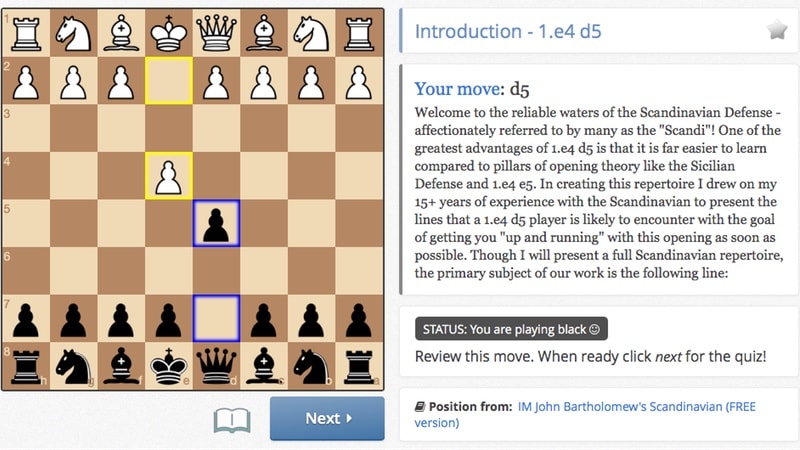
The digital revolution has brought a lot of innovations and dramatically affected all businesses including education. Traditional institutions will always struggle with their inflexible pedagogical systems more than half of the knowledge that the kids learn in the first year of graduation become obsolete by the time they graduate.
This will not only create challenges for students to get jobs, but it also raises questions about whether the traditional 3-year (or four) degree programs will even survive. Even the quintessential question about the relevance and signalling value of the degree is in question now.
Several of all traditional institutions won’t exist in 10 years because online education will upend their business models and push them towards bankruptcy. The future of education, hence, lies in all institutions at all levels, adopting online learning and online courses right from pre-school up to higher education.
Here are the six reasons that make online learning a compelling proposition for all institutions:
Online learning begins early at preschool:
Online learning is replacing quite a few home-schooling systems across the world. Parents can now let the computer teach the kids as they take a relaxing break.
Online learning now provides personalised learning paths for weaker kids who would do better with some extra levels of tutoring.
These days, online learning provides multiple options for all levels of learners and provides a plenitude of certificate, diploma and even online degree courses.
Online learning provides flexibility to the learner

Online learning provides the flexibility of time and space to the learner you can now do your studies anytime from any place. Working professionals find these programs suiting their work routines as they can plan their lessons around their free time.
Students do not need to bother about a missed class a recorded version of the same would be made available on the learning portal. Acquiring a degree from a foreign university may not need any travel, visa and other hassles!
Several online courses include live teaching:
Several online courses use a mix of self-paced videos and pre-scheduled live sessions by an instructor. Students can interact with the live teacher, get the guidance, feedback and solve their queries.
Since these online programs do not have any geographical constraint (the learner and the teacher can be at different parts of the world), most online courses get very high-quality faculty taking the lessons for the students.
Online education is economical and affordable:
Online courses are generally cheaper than classroom courses. Students can enrol into multiple programs from multiple institutions across the world, simultaneously, if they wish.
Several institutions also offer free-to-learn programs (MOOCs) that can be taken at no cost the certification is also available for a nominal cost. This also allows students to sample a few courses from different institutions and then finally zero-in on one of them.
Online learning works for large batch sizes

Online courses can enrol a much larger number of students for the courses where each of them can learn at their own pace using their own screens.
Institutions normally divide these online learners into multiple cohorts (groups) based on their initial assessments and plan their group activities.
Live classes are also scheduled for different cohorts where the faculty can conduct their classes at different paces for different groups of learners.
Many choices, many options:
Students can get help from multiple sources if they get stuck in an online course. Some of these sources are free whereas some others may be paid ones.
Several other institutions and individuals provide tutoring and coaching sessions for a fee the benefit is you shall be able to pick the best teacher for yourself across any country without the need to travel there
The impact of online courses on the education system will be a shift from live teaching to the teacher developing online content for students. The role of a teacher or educator will always exist and can never be replaced but the methodology and pedagogy will change with these evolving new models. But for the learner, these courses come as a welcome boon flexible, economical, personalised and effective.
[“source=indiatoday”]












